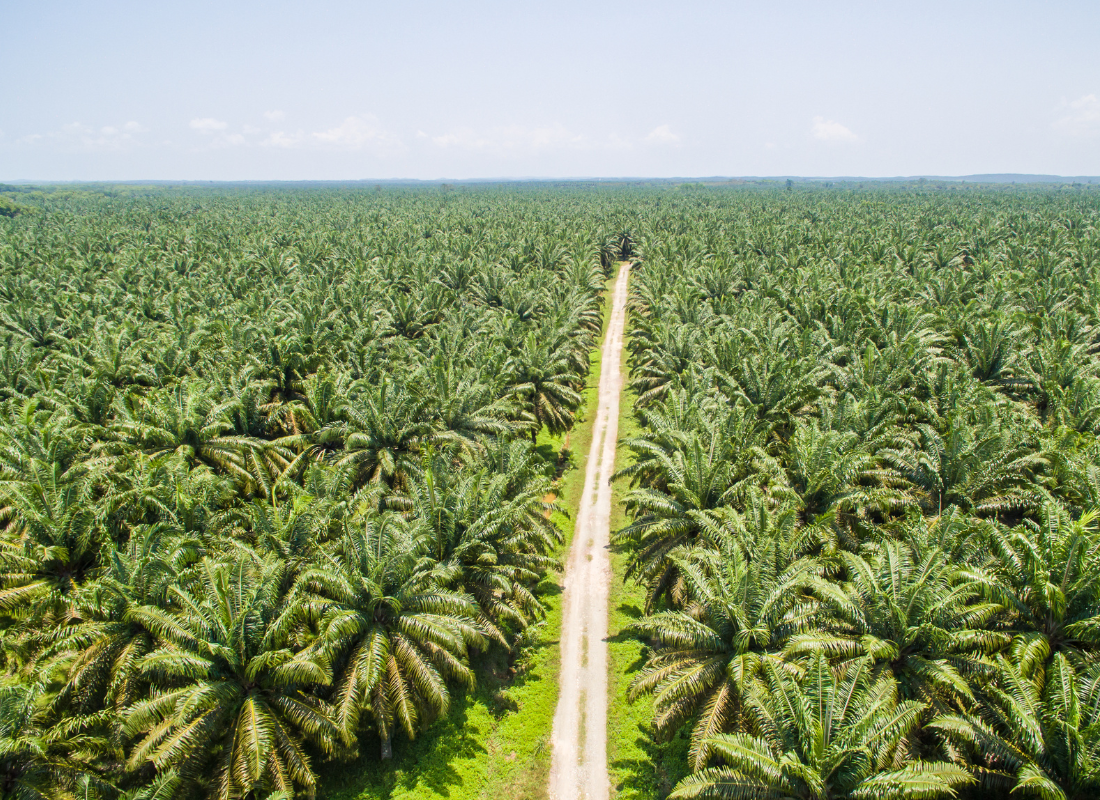
Palm oil, a versatile vegetable oil derived from the fruit of oil palm trees, is one of the most widely used vegetable oils globally, found in a myriad of consumer products ranging from food and cosmetics to biofuels.
However, the rapid expansion of palm oil plantations has raised significant concerns about its environmental impact.
In this article, we delve into the multifaceted consequences of palm oil production on the environment, exploring its implications for deforestation, biodiversity loss, climate change, and indigenous communities.
Deforestation and Habitat Destruction
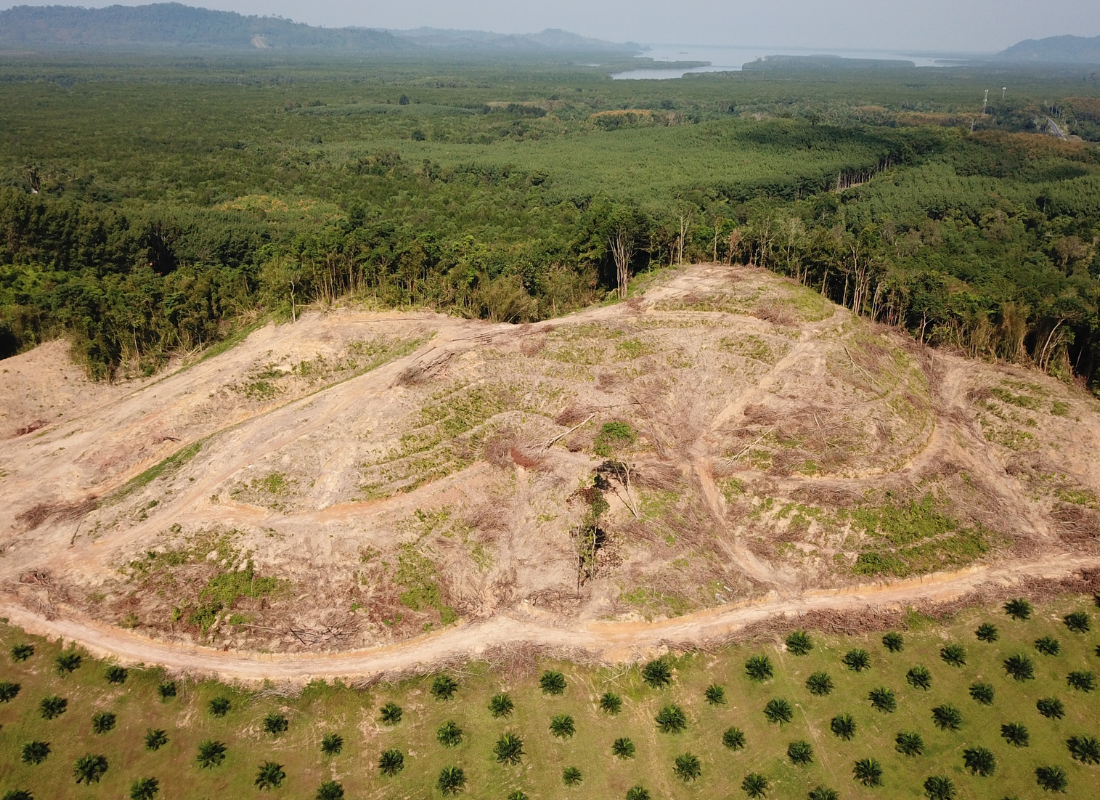 One of the most pressing environmental issues associated with palm oil production is deforestation.
One of the most pressing environmental issues associated with palm oil production is deforestation.
Large-scale clearing of tropical rainforests to make way for palm oil plantations has led to the loss of critical habitat for countless plant and animal species, including endangered orangutans, tigers, and elephants.
According to the World Wildlife Fund (WWF), deforestation for palm oil production is a leading cause of habitat loss in key biodiversity hotspots such as Indonesia and Malaysia, threatening the survival of iconic species and undermining ecosystem resilience.
Biodiversity Loss and Habitat Fragmentation
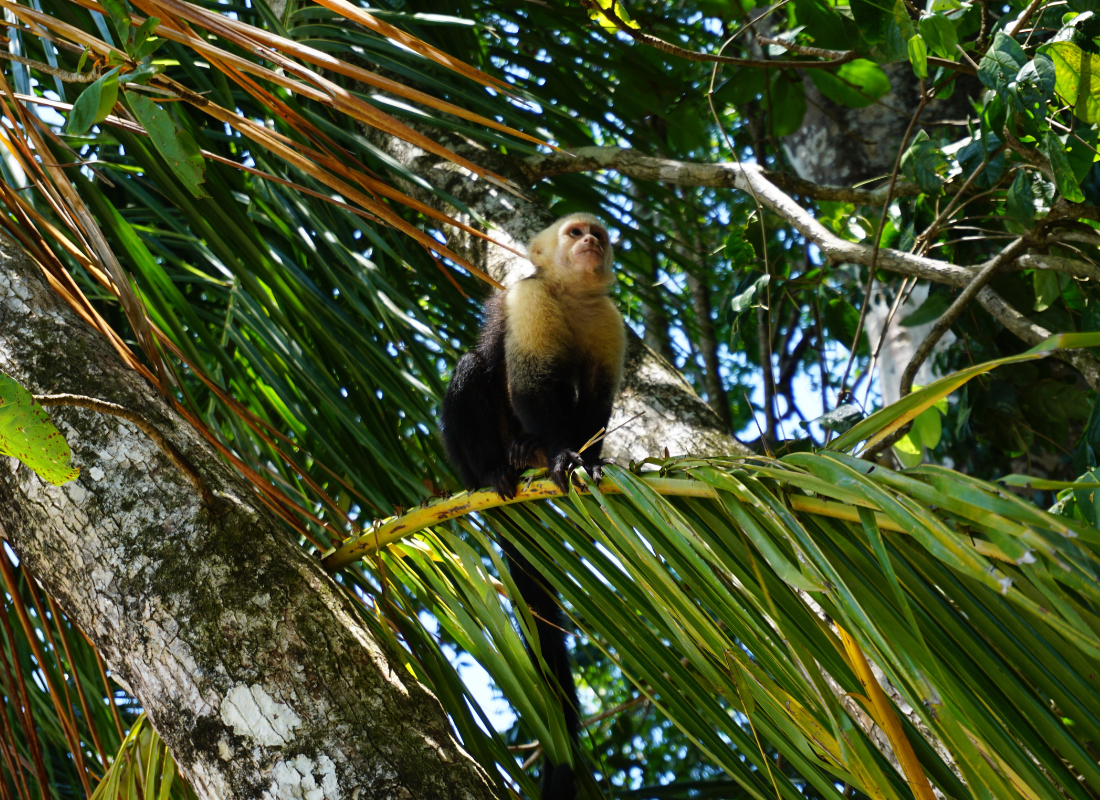 The conversion of biodiverse tropical forests into monoculture palm oil plantations has profound implications for biodiversity.
The conversion of biodiverse tropical forests into monoculture palm oil plantations has profound implications for biodiversity.
Palm oil cultivation displaces native flora and fauna, disrupts ecological processes, and fragments habitat connectivity, making it difficult for species to migrate and adapt to changing environmental conditions.
Moreover, the use of agrochemicals such as pesticides and herbicides in palm oil plantations further contributes to biodiversity loss by harming non-target organisms and disrupting food chains.
Climate Change and Greenhouse Gas Emissions
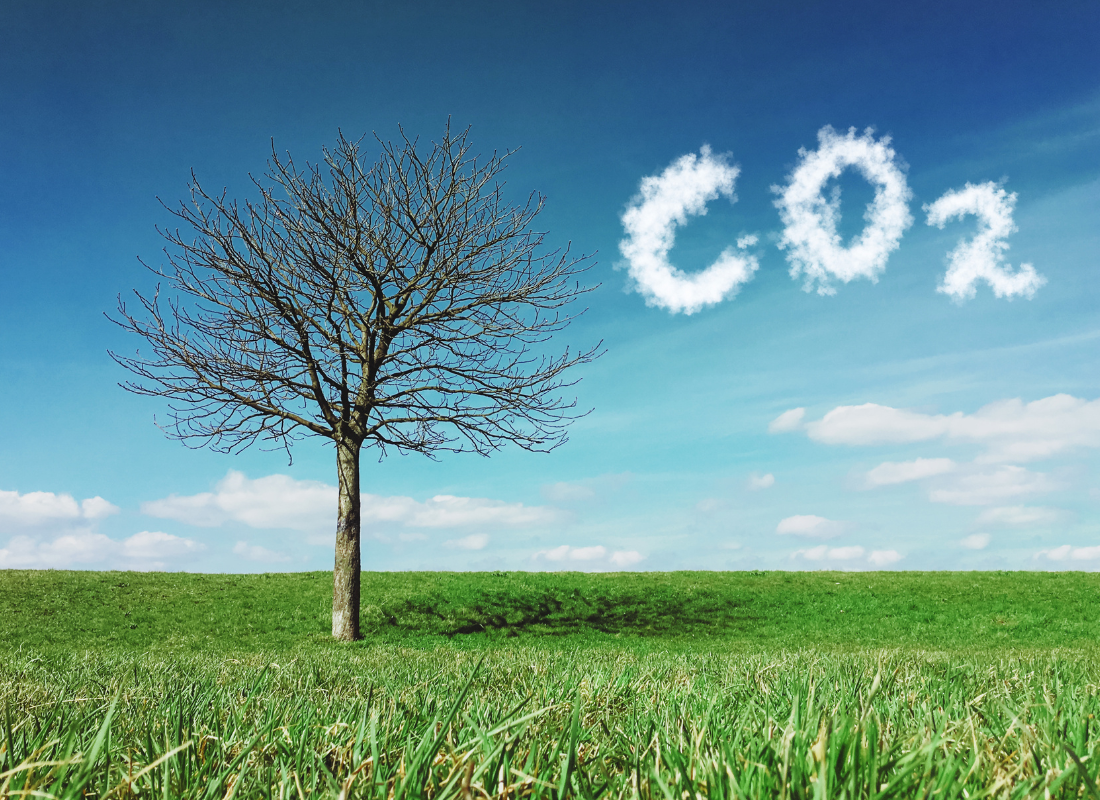 Palm oil production is a significant contributor to greenhouse gas emissions and climate change.
Palm oil production is a significant contributor to greenhouse gas emissions and climate change.
Deforestation and land conversion release carbon dioxide stored in forest biomass and soil, leading to increased atmospheric carbon levels and exacerbating global warming.
Moreover, the draining and burning of peatlands for palm oil cultivation release vast quantities of methane, a potent greenhouse gas that contributes to climate change. According to the Intergovernmental Panel on Climate Change (IPCC), the conversion of peatlands for agriculture, including palm oil production, is a major source of emissions in Southeast Asia.
Soil Degradation and Water Pollution
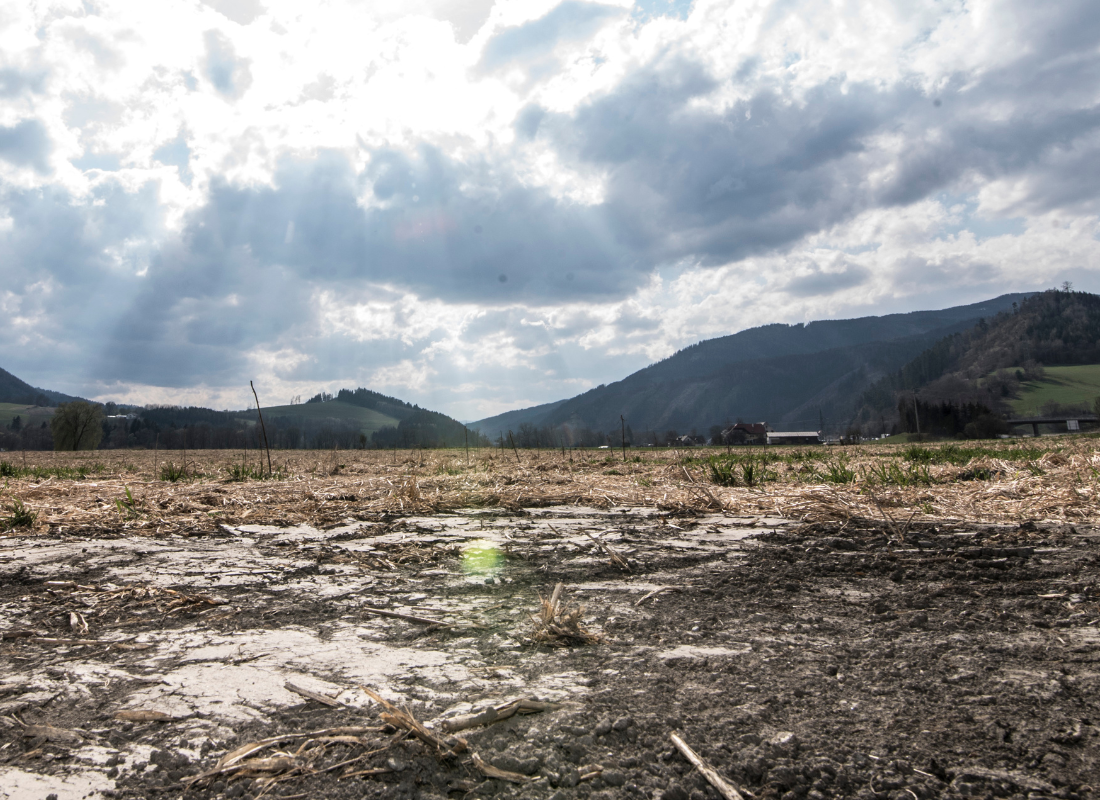 Intensive palm oil cultivation practices, such as monoculture cropping and the heavy use of agrochemicals, can lead to soil degradation and water pollution.
Intensive palm oil cultivation practices, such as monoculture cropping and the heavy use of agrochemicals, can lead to soil degradation and water pollution.
Monoculture plantations deplete soil nutrients, reduce soil fertility, and increase soil erosion, resulting in the loss of topsoil and degradation of arable land.
Moreover, runoff from palm oil plantations carries chemical residues into water bodies, contaminating freshwater ecosystems, and threatening aquatic biodiversity.
The accumulation of pesticides and fertilizers in waterways can disrupt aquatic ecosystems, harm fish populations, and jeopardize human health.
Social Impacts on Indigenous Communities
 In addition to its environmental consequences, palm oil production often has significant social impacts on indigenous communities and local livelihoods.
In addition to its environmental consequences, palm oil production often has significant social impacts on indigenous communities and local livelihoods.
Land conflicts, forced evictions, and human rights abuses are prevalent in areas where palm oil companies operate, leading to social unrest and displacement of indigenous peoples from their ancestral lands.
Moreover, the loss of traditional livelihoods such as subsistence farming and hunting exacerbates poverty and food insecurity among indigenous communities, perpetuating cycles of marginalization and vulnerability.
Conclusion
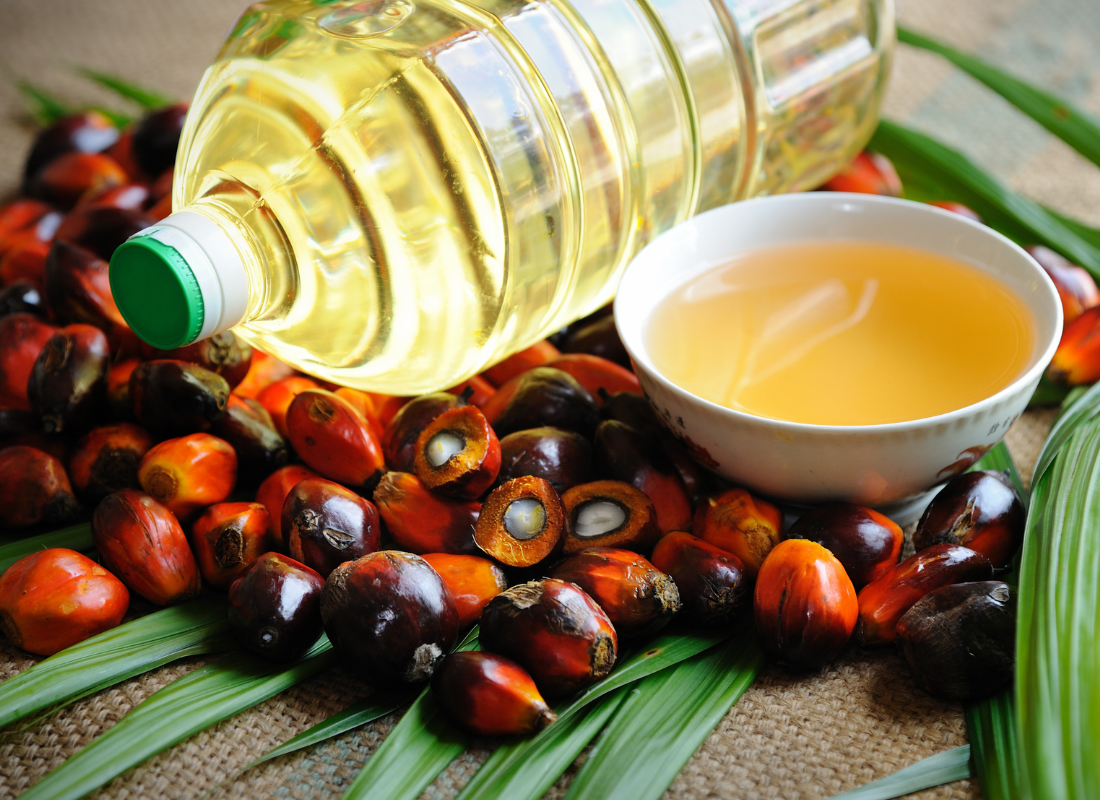 The environmental impact of palm oil production is complex and multifaceted, encompassing deforestation, biodiversity loss, climate change, soil degradation, water pollution, and social conflicts.
The environmental impact of palm oil production is complex and multifaceted, encompassing deforestation, biodiversity loss, climate change, soil degradation, water pollution, and social conflicts.
Addressing these challenges requires concerted efforts from governments, industries, consumers, and civil society to promote sustainable palm oil production practices that prioritize environmental conservation, respect human rights, and uphold social justice.
By supporting certified sustainable palm oil, reducing consumption, and advocating for transparent and responsible supply chains, we can mitigate the adverse effects of palm oil production on the environment and work towards a more sustainable future for all.




